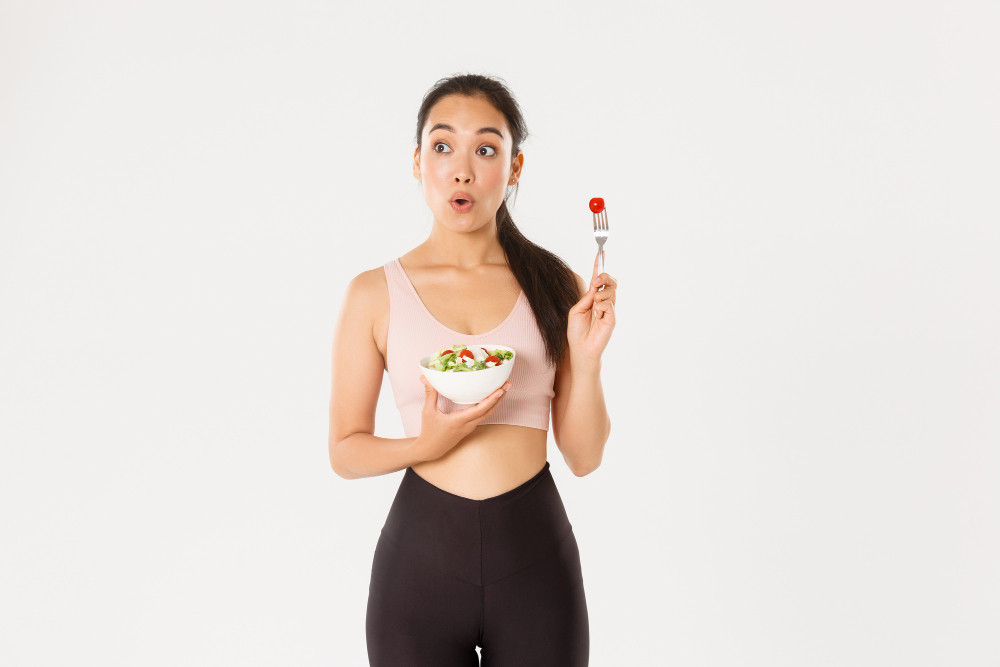Vitamin D is essential for maintaining a strong immune system and supporting the growth of bones and teeth. While animal products like eggs, fortified milk, and beef liver are common sources of vitamin D, vegetarians and vegans need to find alternative ways to meet their vitamin D requirements without consuming animal products.
Vitamin D Sources For Vegetarians
Vitamin D is a fat-soluble vitamin that plays a crucial role in overall health. It helps the body absorb calcium, supports the growth of teeth, bones, and muscles, and is also vital for brain development, heart health, and mental well-being.
A deficiency in vitamin D can lead to weakened immunity, brittle bones and teeth, a higher risk of depression, and reproductive system issues. While many vitamin D sources are derived from animals, vegetarians and vegans can find plant-based alternatives to maintain adequate levels.
Here are some safe and effective sources of vitamin D for vegetarians:
Mushrooms
Certain types of mushrooms can produce vitamin D when exposed to UV light. As a plant-based source, mushrooms contain vitamin D-2, which is different from the vitamin D-3 found in animal products. Although its absorption may vary, consuming vitamin D from mushrooms can still boost vitamin D levels in the body.
Sunbathing
One of the easiest and most natural ways to obtain vitamin D is by spending time in the sun. When your skin is exposed to ultraviolet B rays, it produces vitamin D. Aim for 5-30 minutes of sunlight exposure twice a week to help meet your body’s vitamin D needs.
Fortified Foods and Beverages
Many fortified foods and drinks are available to help meet vitamin D requirements. Fortification policies differ by country, but some products generally contain sufficient vitamin D. Examples include:
- Non-dairy beverages like soy milk, almond milk, and orange juice are often fortified with vitamin D, providing similar amounts as cow’s milk.
- Yogurt, both dairy and non-dairy, may be fortified with vitamin D, with some varieties containing around 52 IU (1.3 mcg) per 100 grams.
- Tofu may be fortified with vitamin D, with some packaged varieties containing up to 100 IU (2.5 mcg).
- Cereals and oatmeal are frequently fortified with vitamin D. Check the labels to ensure the product contains vitamin D.
- Margarine is another fortified food that can contribute to vitamin D intake.
Supplements
For vegetarians and vegans, vitamin D supplements are a convenient way to ensure adequate intake. However, it’s important to check that the supplements are vegetarian-friendly. To enhance absorption, it’s recommended to take vitamin D supplements with foods like avocados, nuts, or seeds, which help the vitamin enter your bloodstream.
Most sources of vitamin D come from animals, but vegetarians and vegans can still meet their needs through alternatives like sunlight exposure and fortified foods. If you’re unsure about your vitamin D intake, consider consulting a doctor or using the Ai Care app for a health consultation.
Interested in other health tips, first aid, or home remedies? Click here!
- dr Hanifa Rahma
Yetman, D. (2020). The Best Vegan Sources of Vitamin D. Available from: https://www.healthline.com/health/vegan-vitamin-d
Jain, M. (2023). Vitamin D foods for vegetarians: Know how to fight the deficiency. Available from: https://www.healthshots.com/healthy-eating/nutrition/vitamin-d-foods-for-vegetarians/
Petre, A. (2020). 6 Good Sources of Vitamin D for Vegetarians. Available from: https://www.healthline.com/nutrition/vitamin-d-foods-for-vegetarians












